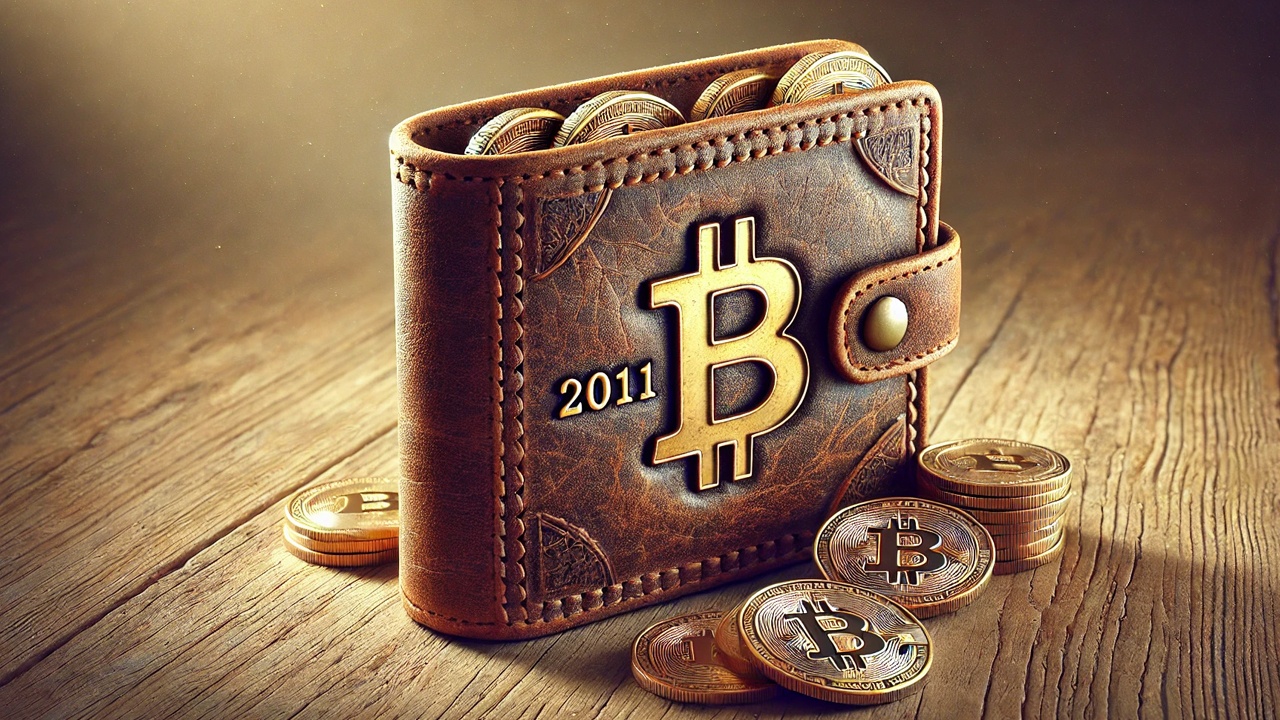Two well-known crypto subjects in the ecosystem, Magic Eden and BRC-20 (Bitcoin Ordinals) have come to a market crash. The growing crypto world has seen the realization of new innovations including the Non-Fungible Tokens (NFTs). These digital artworks have curved out unique niches as they represent authenticity and ownership of digital assets ranging from virtual real estate to digital art.
The NFT marketplace is gaining popularity, and the NFT marketplace is continually adapting, and demands for their use are growing. Among these marketplaces include Magic Eden marketplace, which has recently made headlines on the temporary halt trade of Bitcoin BRC-20.
The development has raised questions among crypto enthusiasts on the inner workings of the non-fungible token marketplace as well as the challenges they encounter.
Magic Eden halting Bitcoin BRC-20 trade
Magic Eden is an NFT marketplace that’s built on the Solana blockchain and was launched in mid-September 2021. Recent proceedings by Magic Eden, the community-centric NFT marketplace, have elaborated on the platform’s intentions to halt the trade of Bitcoin BRC-20 in order to protect users.
This is until the full order consensus across all the BRC-20. The announcement by the platform noted that the temporary suspension of the token will not affect other trading activities on the platform.
On October 22, 2023, the multi-chain NFT marketplace decided to prohibit trading of digital currency following safety precautions. This follows their decision to support the exploration of the Bitcoin ecosystem four months ago in June.
Ordinals were the target of the first announcement, and this made it possible for anyone to create their own tokens on the Bitcoin blockchain.
During its exploration period on BRC-20, the platform had briefly paused the assets trade as part of a promotion for the exchange and offered reduced fees to 0.1% for adding new listings to BRC-20, lasting for a month.
The temporary drop in trading the asset has been brought about by the reduced activities on BRC-20. According to crypto expert Colin Wu, his post on X attested to his insight on the move to drop the asset by Magic Eden, elaboration on the state of BRC-20 following various events. These included the sats mint and introduction of RUNE, which is considered BRC-20.
He posed on his website and quoted, “Since the finishing of Sat’s mint, BRC-20 activity has dropped significantly, and the number of daily transactions accounts for less than 3% of the number of transactions on the Bitcoin blockchain.”
According to the ordinal vision promoted by Magic Eden in mid-2023, the emergence of this innovation was to assist in showcasing new possibilities for digital currencies. The goal was to make Bitcoin more accessible and reach the full bounds of its usability beyond regular payment.
Events prior to the BRC-20 suspension
In a bid to realize the full influence of Ordinals, the creators and developers of the technology sought to launch RUNE, which came in as a competition for BRC-20. RUNE is a Bitcoin UTXO protocol that targets the reduction of BRC-20 user experiences. Still, the fall in the digital asset’s usability and its drop by Magic Eden could mean negative implications for the crypto world.
BRC-20 is a token that bridges the Bitcoin blockchain to the Binance Smart Chain network. The Tokens allow users to interact with Bitcoin in the decentralized finance (DeFi) space. It has sought a new layer of functionality of Bitcoin in the crypto realm.
Following the worry the announcement caused, users were concerned about the security’s integrity as the move sparked a frenzy across social media and crypto forums.
Other challenges that might have caused the Magic Eden to move on BRC-20 might include smart contract vulnerabilities, scalability issues, and regulatory concerns




